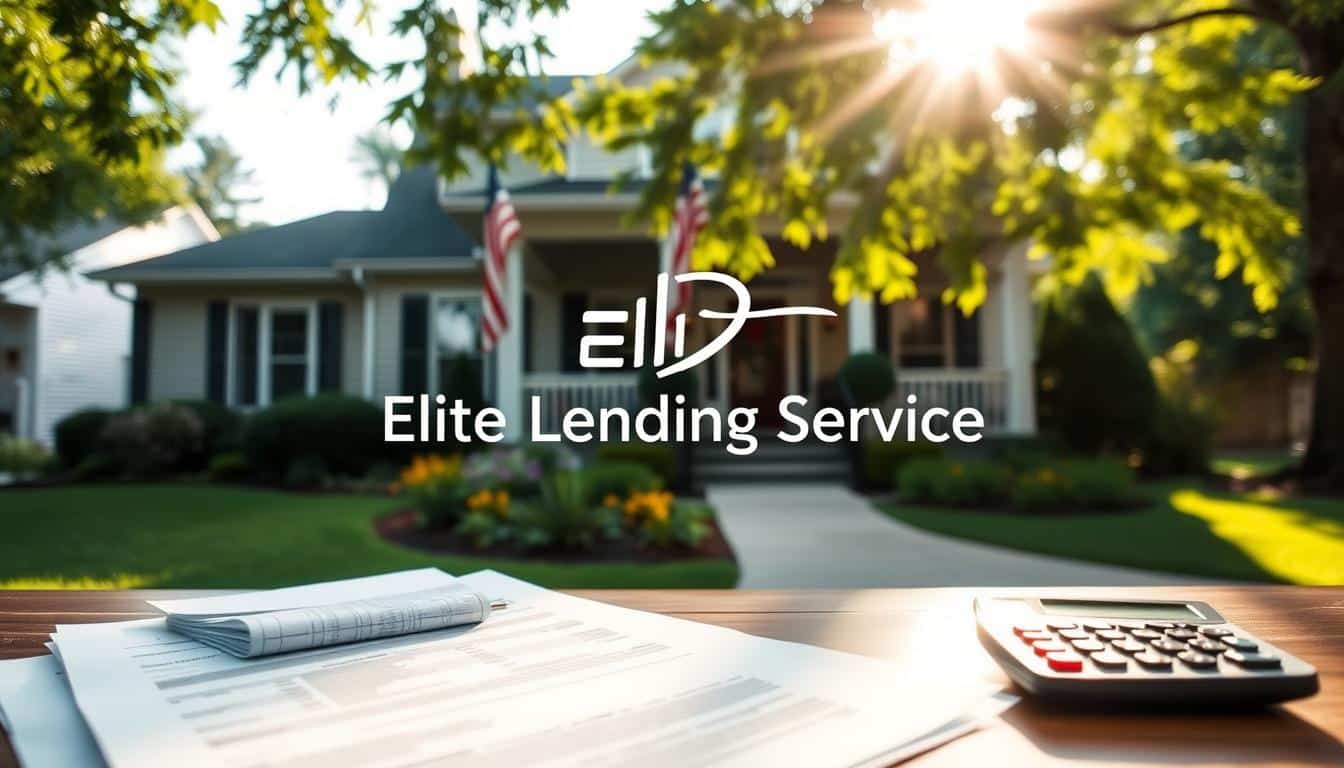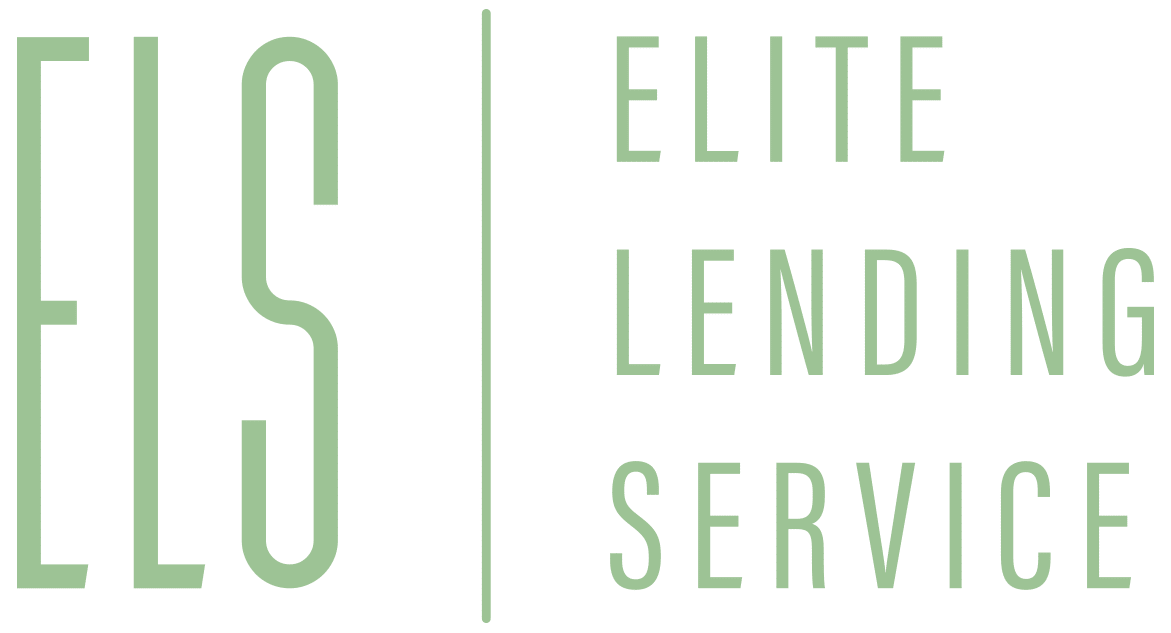Table of Contents
Can I refinance with bad credit? One of the shadows of having a bad credit score is the feeling of hopelessness when it comes to refinancing a mortgage. Likewise, for many homeowners, a poor credit score is sufficient reasoning to believe refinancing a home loan is impossible.
Refinancing a loan is replacing it with a new loan. Its primary purpose is to achieve better interest rates, improved loan terms, or a better loan balance. Satisfying a credit score and prognosis is important, but it’s not the deciding factor. There is the FHA and VA subprime mortgage assistance which is available to borrowers with credit scores in the range of 620 and below.
Moreover, approaches to lenders, for example, Elite Lending Service, might make new prospects available to the borrower. There are other solutions, less attractive, but available for borrowers with poor credit, such as the programs for non-residential borrower co-signers or the government sponsored programs.
Key Takeaways
- Refinancing means replacing an existing mortgage with a new one, possibly with better conditions.
- Even with the poor ratings, homeowners are eligible for refinancing.
- FHA and VA programs offer refinances for people with credit scores as low as 620.
- Lenders including the Elite Lending Service are a good place to start for refinancing options.
- Non-occupying co-signers and government-backed programs certainly have their place for subprime borrowers.
Explaining Mortgage Refinancing with Bad Credit
A new loan that comes with new and better terms, interest rates, and an even better deal can easily replace an older loan and that new loan can be defined as refinancing a mortgage. It is a handy tool for financially improving loan with bad credit as well.
What is Mortgage Refinancing?
Replacing an older loan by settling a new one is known as refinancing a mortgage. It can benefit you by lowering interest rates, changing terms to a loan, or even utilizing equity of homes. Mortgage refinancing is an essential concept that anybody with a poor credit score must be highly aware of. It can change one financial dilemma by providing help and better loan terms.
Refinance Credit Score
Mortgage Refinancing poor Credit; is a section of a refinancing mortgage that does not have a positive impact. Lenders use your credit score and history to guide them with terms and interest that that will help them determine your score.
You should ensure that you have credit repair done as improving your score can help you unlock other refinancing mortgage options.
Credit Deficiency Assessing Borrowers
Comparably to other lenders, they tend to work with troublesome borrowers and therefore do not offer refinancing with bad credit; Instead, they will make use of other metrics such as credit history, your debt ratio, and also determine your value for equity in an asset ratio. While you can have a low credit score, there’s options available such as Mae’s RefiNow and Freddie’s Refi and Possible that offer you an easier set of requirements.
Doing credit repair can also improve your chances of being approved in the future.
Ways To Refinance With A Low Credit Score
It is always harder to refinance with a poor credit score. However, there are always ways to improve. Homeowners can look for better options to improve their finances.
Non Occupying Co Signer
Includes loans signed by a co signers, who do not physically live at the same address as the borrower. The co signers promise to pay the loan in the event the borrower defaults. The lenders are more favorable on their offers, as they see two persons credit.
Even with a poorly rated credit score, the presence of a co-signer changes the dynamics significantly. It is more likely to result in better loan terms, as well as a more favorable consolidation of the debt.

Fannie Mae’s RefiNow__
Fannie Mae’s RefiNow program caters to homeowners with poor credit scores and works with low-income earners who regularly pay their mortgage on time with DTI ratios up to 65%. This program makes gaining short and long term financial relief manageable by lowering mortgage payments.
Freddie Mac’s Refi Possible
Freddie Mac’s Refi Possible program is also a strong candidate. It benefits borrowers with sufficient income but have damaging credit scores and those who regularly meet payment deadlines and certain DTI thresholds.
Both programs have excellent potential to lower your monthly payment as well as provide better interest rates.
Subprime borrowers generally have a harder time refinancing their loans. However, there are several government programs that back the loans and provide assistance. These programs are designed to help those that have subprime credit along with flexible terms and stipulations.
FHA Refinances
FHA refinance programs, such as cash out and streamline refinancing, are designed with the subprime borrower in mind. Their credit score stipulations are more forgiving, making them highly attainable to borrowers with low credit scores.
Some advantages include not needing an appraisal, income verification, and a few others which streamline the refinance process.
VA Refinances
Refinances with VA include the Interest Rate Reduction Refinance Loan (IRRRL), which is available to some veterans. This transaction usually does not include a credit check. This program works for veterans with subprime credit.
In addition to the already lower funding fees, the IRRRL promises to simplify processing even more than before.
USDA Streamlined Assist Refinance Program
Suburban borrowers who have an existing USDA loan might qualify for the USDA Streamlined Assist Refinance program. This program does not check credit scores, which benefits borrowers with subprime credit.
In addition to the aforementioned benefits, the program saves borrowers time by requesting little to no documentation.
Steps to Improve Your Credit Score Before Refinancing
Improving your credit score before refinancing has its benefits. Better deals, lower rates, and ease of loaning can all be achieved from refinancing. The following steps will help you improve your credit score.

Review Your Credit Report
Understanding your credit report and its components is a good starting step toward raising your credit score. You can obtain your credit report for free at AnnualCreditReport.com. Every report comes with a score and recommendations. Remember that fixing errors is the easiest way to increase your score.
Take Advantage Of Secured Credit Cards
Secured credit cards offer the easiest way to build credit. A refundable deposit is required and for that purpose, most placed cards can be used. These credit cards help build your paying history with the bureaus and help to improve your credit history.
Improve Your Credit Score
Your credit score has a limit and can only go up to a certain point, with the industry standard being 30 percent. Credit utilization is a very important concept that reflects on usage of credit.
Never Miss A Payment
Paying your bills is one very important step to always take. Failing to take in account and missing a payment can lead to incurring many unnecessary interests. You will pay, with time, as every time you pay on time it reflects on your credit.
Will I be able to refinance with a low credit score?
Homeowners now, are curious as to whether it is possible to refinance with a low credit score. To that I answer, yes it is possible. Working with a lender such as Elite Lending Service is a game changer in every aspect, as they are able to get you the best possible refinancing offers despite having difficult credit.
For those who have bad credit, obtaining an improved interest rate is fundamental. By pursuing all the options available for refinancing, one can discover better offers. Credit score improvement strategies should be discussed with lenders. This will open up more options for refinancing.
Refinancing might seem simple, but it is a viable option for many. Homeowners need to focus on elevating their credit scores. This will enhance refinancing capabilities in the future, resulting in lower interest rates.
Engaging in conversation with lenders and pursuing multiple options is the best approach to take. These strategies will lead to better refinancing deals and overall financial wellness.
Having a low credit score can make refinancing with mortgage loans rather difficult to begin with, however it is essential to know the pros and cons involved in the process. Weighing financial risks involved is a crucial step to take, seeing as how refinancing can unlock easily attainable financial wins.
Disadvantages of Refinancing
Even though the credit score in question is rather low, it is possible to acquire a lower interest rate with refinancing. This can lead to financial losses, however, the overall savings to be made outweigh the risks tremendously.
“The mortgage refinancing may also be helpful in consolidating debts. You can streamline multiple high-interest debts into one simple mortgage payment. In addition, you might eliminate private mortgage insurance, thus increasing your monthly savings.
Potential Consequences to Consider
Yet, refinancing has its drawbacks. It may reduce your credit score, albeit temporarily, because of the lender’s hard inquiry and new debt. Closing costs, appraisal costs, and additional miscellaneous costs may also be incurred.
These costs could outweigh the savings from a dipping interest rate. Stipulations for refinancing are hard to meet for individuals with poor credit, thus making the process tedious and time-consuming.
Conclusion
The mortgage market has unfortunate blind spots. Homeowners with bad credit can still improve their mortgage terms. Specialized programs for bad credit can help lift scores and improve financial health.
It is crucial to collaborate with a capable mortgage broker, such as Brad Bailey from Elite Lending Service. They understand mortgage refinancing and offer appropriate guidance. Their experience in wholesale mortgages helps credit troubled homeowners get the help they desperately need.”
Getting professional help along with exploring other refinancing options can work wonders when improving credit scores. With the right guidance and hard work, refinancing even with terrible credit can tremendously improve one’s financial system. This furthers one’s chances of success in the future.
